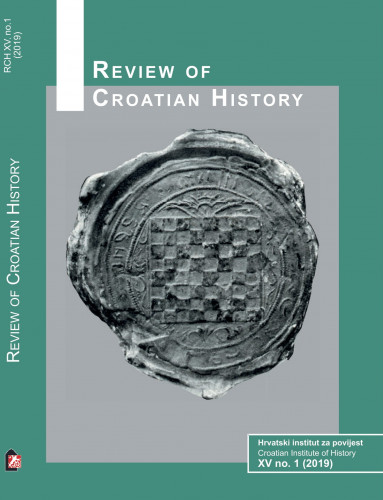The article examines the development of the work discipline and the ethics of work in the shipyard Uljanik in Pula considering the period from the 1980s up to now. Combining oral sources, archival documents, and factory’s magazines, one first conclusion is that in the framework of the self-management system labour discipline was certainly not severe, but neither absent. It was rather in the first half of the 1990s that work discipline vanished, before to be reinstated, in quite new forms, from the second half of the 1990s onwards. Secondly, the article shows how the workers-managers relations worsened in the post-socialist years. This caused a profound emotional detachment by the workers from their work and the factory. In the absence of the older ethics of work, and of a mutual respect between workers and managers (both directors and foremen), what seems to have remained for managing work and the workers is only contemporary labour discipline.; Dieser Artikel befasst sich mit der Entwicklung der Arbeitsdisziplin und -ethik in der Schiffswerft Uljanik in Pula ab den 1980er Jahren bis heute. Die erste Schlussfolgerung ist, dass die Arbeitsdisziplin, obwohl sie im Rahmen des Selbstverwaltungssystems sicherlich nicht streng war, nicht komplett abwe-send war. Die Arbeitsdisziplin verschwand eher in der ersten Hälfte der 1990er Jahre und erschien in der zweiten Hälfte der 1990er Jahre wieder, jetzt aber in ganz neuer Form. Zweitens, der Artikel legt dar, wie sich das Verhältnis zwisc-hen Arbeitnehmern und Geschäftsführung in den post-sozialistischen Jahren verschlechtert hat. Dies trug dazu bei, dass sich die Arbeiter von ihrer Arbeit und ihrer Werft immer weiter emotional entfernt haben. Da es an einer älteren Arbeitsethik und am gegenseitigen Respekt zwischen Arbeitern und Geschäft-sführung mangelte, scheint es, dass für die Verwaltung der Arbeit und Arbeit-nehmer nur die moderne Arbeitsdisziplin in Frage kam.
Sažetak

 Review of Croatian history : Revue für kroatische Geschichte = Revue d'histoire croate : 15,1(2019) / editor-in-chief, Chefredakteur Mario Jareb.
Review of Croatian history : Revue für kroatische Geschichte = Revue d'histoire croate : 15,1(2019) / editor-in-chief, Chefredakteur Mario Jareb.